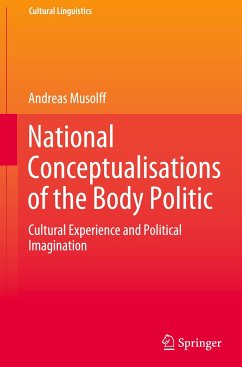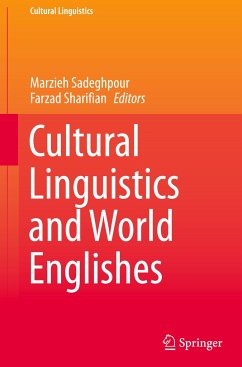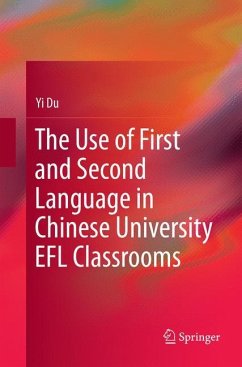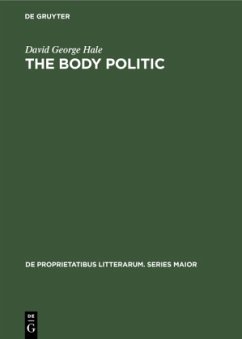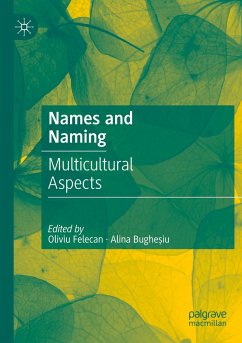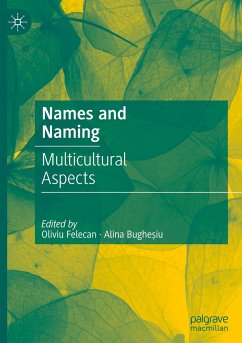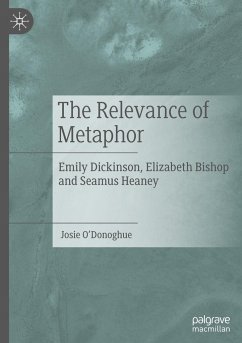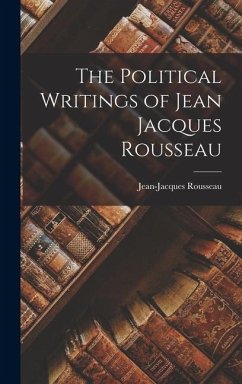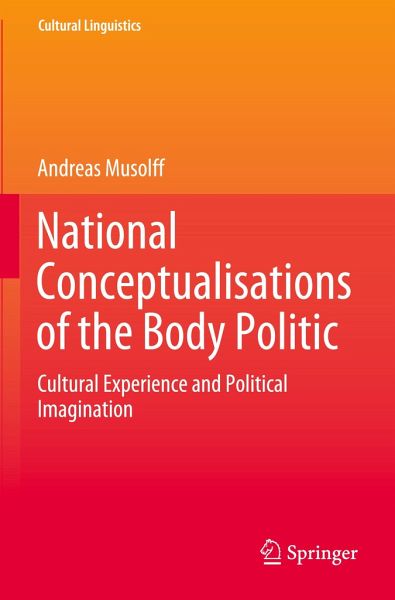
National Conceptualisations of the Body Politic
Cultural Experience and Political Imagination
Versandkostenfrei!
Versandfertig in 6-10 Tagen
38,99 €
inkl. MwSt.
Weitere Ausgaben:

PAYBACK Punkte
19 °P sammeln!
This book presents the results of a large-scale experiment into interpretations of the metaphor "the Nation as a Body" among 1,800+ respondents from 30 linguistic and cultural backgrounds. In this first account of an empirical study of cross-cultural global metaphor interpretation of that scale, Musolff confirms that the meanings of metaphors are complex, culturally mediated and may differ for senders and recipients. The book provides a historical and cultural map of the traditions underlying differences in how the nation as a body - or, "the body politic" - is understood. Musolff challenges t...
This book presents the results of a large-scale experiment into interpretations of the metaphor "the Nation as a Body" among 1,800+ respondents from 30 linguistic and cultural backgrounds. In this first account of an empirical study of cross-cultural global metaphor interpretation of that scale, Musolff confirms that the meanings of metaphors are complex, culturally mediated and may differ for senders and recipients. The book provides a historical and cultural map of the traditions underlying differences in how the nation as a body - or, "the body politic" - is understood. Musolff challenges the hypotheses of the universality of "the nation" as a predominantly male-gendered and hierarchically organized concept and, in so doing, puts into question some of the key presuppositions of traditional historical and cognitive approaches to metaphor. For scholars and students of figurative language, the book lays out methodological foundations for cross-cultural metaphor comparison andreveals hidden meaning differences in political metaphor in English as lingua franca.





